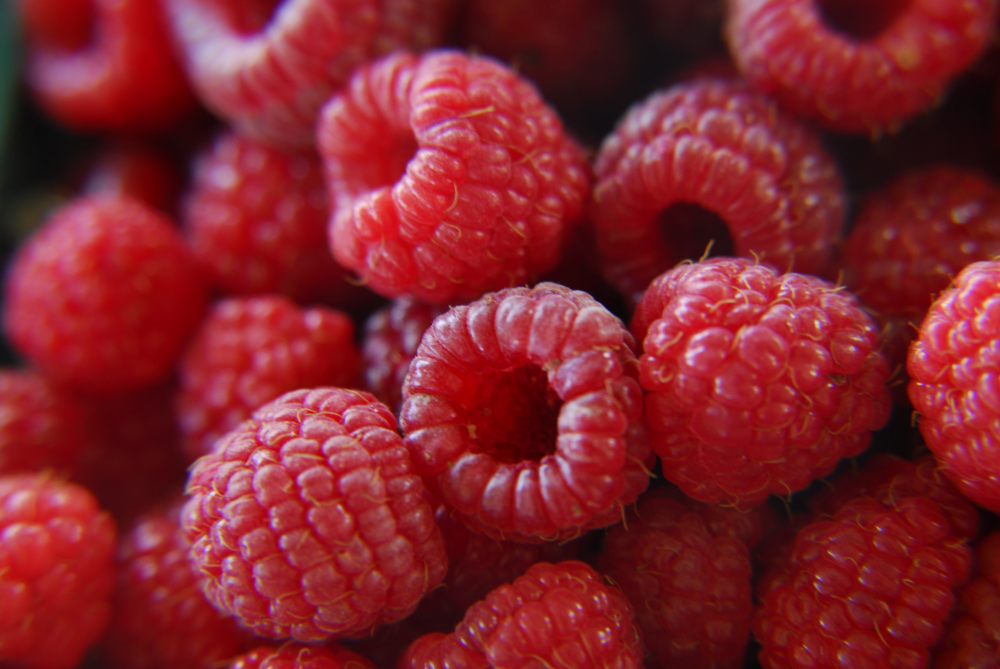I remember the shock when my parents told me we were going to Canada to live on a farm.
Periodically, Dad would burst into song with some lines about being a Jat Sikh and his great yearning for the farming way of life. My sisters and I would roll our eyes and laugh. My mum would just smile.
“Live on a farm?!” I blurted.
“Yes. When you were a baby, you lived on a sugar cane and pineapple farm in Kenya and loved it.”
“I don’t remember, Papa. I like England now and I want to stay here.”
At any rate, I was under-age and had no choice but to migrate with my family to Canada in 1972. We settled on a raspberry farm in Abbotsford. Luckily, it was August when we arrived in B.C. and the harvest was done. However, next summer my father put us to work on the farm. My sisters and I picked berries every summer after school. Our reward was a trip to the Pacific National Exhibition where we would buy a ticket hoping to win the PNE house, just like our family friends had done. During those early years, we lived in a “shack.” Eventually, my folks paid off the mortgage and moved into a better home.
Dad went on to lease a hundred acres in the fertile Fraser Valley and provide jobs to many of the South Asian newcomers whom the white farmers would not employ, thus making it possible for them to stay in the country. Canada had just opened the doors of immigration to people of colour like ourselves — thanks to the visionary leadership of former PM Pierre Elliott Trudeau who had brought in the policy of Canadian multiculturalism. However, at that time, many white Canadians resented our presence here. Although we were Sikhs, white Canadians called us “Hindoos” because of their prejudice.
“Hindoos cannot grow Brussels sprouts. Only Dutch can!” a Dutch-Canadian farmer told my Dad.
Well, my father’s Brussels sprouts grew taller than this Dutchman’s on the adjacent farm. One day, the Dutchman came over to ask my father his “secret” in growing such robust plants. Dad just had a good laugh and told him he showered his sprouts with love. From that day on, the two men became friends.
I remember how hard my sisters and I worked on that farm every summer, all the way through university. Father grew everything well because he proved to have a green thumb: cabbages, cauliflower, peas, broccoli, strawberry and rhubarb.
In my twenties, I tried my hand at making jam and found out how much better home-made tastes than store-bought. I made all kinds of jam: raspberry, strawberry, peach, apricot and blueberry.
My mother was a wonderful cook, and we always enjoyed hearty Punjabi fare like chicken curries, lentil curries and samosas. I learned how to cook Indian food well from watching my own mother in her kitchen. I learned how to make pizza from scratch and Chinese stir fries from cookbooks. I am an ESL teacher now, and when my students ask me what is Canadian food, I tell them it is all the delicious food in the whole world because Canada is a welcoming multicultural country.
In the days before Thanksgiving, The Tyee is running pieces about food and life excerpted from Sustenance, edited by Rachel Rose, Anvil Press, 2017. Proceeds from sales of the book help support refugee families in B.C. This memoir appeared in the book under the title “The Farming Way of Life.” Find the rest of the series here. ![]()
Read more: Food, Labour + Industry

















Tyee Commenting Guidelines
Comments that violate guidelines risk being deleted, and violations may result in a temporary or permanent user ban. Maintain the spirit of good conversation to stay in the discussion.
*Please note The Tyee is not a forum for spreading misinformation about COVID-19, denying its existence or minimizing its risk to public health.
Do:
Do not: